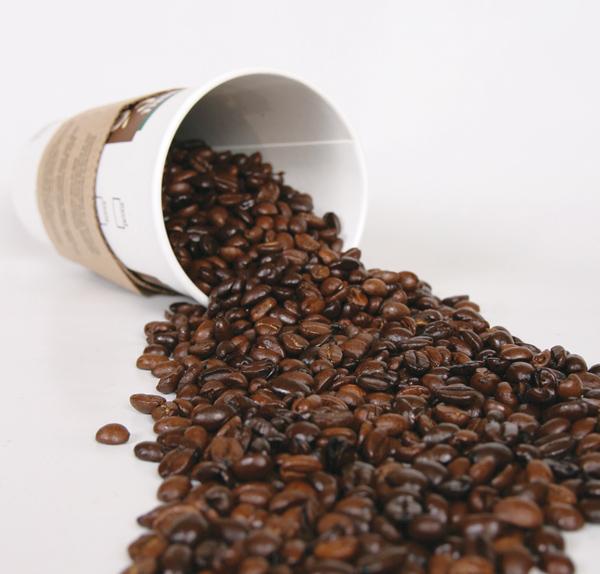Coffee: A driving force

:
November 2, 2007
Step aside motor vehicles. For most Americans, coffee has become the thing that drives them on a daily basis.
According to the Specialty Coffee Association of America’s website, Americans drink more than 300 million cups of coffee each day.
Java City barista Dominic Morabe, a senior business management major, said Sacramento State’s Java City Union Station sells approximately 1,100 to 1,200 cups of coffee every day.
Although 54 percent of America’s adult population drink coffee daily, most don’t know the process in which coffee is made.
According to the National Coffee Association of U.S.A., Inc.’s website, there are 10 steps in which coffee is taken from the seed to the cup. These steps include planting, harvesting the coffee cherries, processing the cherries, drying the beans, milling the beans, exporting the beans, tasting the coffee, roasting the coffee, grinding the coffee and finally brewing the coffee.
It’s not the beans, however, that coffee lovers really crave. It’s what the coffee beans do to the body.
“I drink coffee to wake me up when I’m tired,” said Brian Drake, senior government major.
Kalyn Coppedge, health educator at the Student Health Center, said it’s the caffeine.
According to the Cobblestone Coffee Roastery website, coffee naturally contains caffeine. The website describes caffeine as “a mild stimulant to the central nervous system” and “promotes wakefulness by interfering with adenosine, a chemical in the body that acts as something of a natural sleep-promoting drug.”
The website also said caffeine enhances mood and increases alertness.
Research from the Mayo Clinic in Arizona shows drinking coffee has many positive side effects. In moderate amounts, daily consumption of coffee can lower the risk of colon cancer by 25 percent, gallstones by 45 percent, cirrhosis of the liver by 80 percent, Parkinson’s Disease by 50 to 80 percent and may even reduce incidence of asthma by 25 percent.
However, coffee, which has been called a drug by many health care proffesionals, still has its negative effects.
Coppedge said coffee can disrupt normal sleeping habits, increase blood pressure and promote dehydration. It can even cause kidney stones in some long term cases.
The Coffee Science Information Center’s website states coffee can be a part of a healthy balanced diet and that there is no conclusive evidence to suggest that a moderate amount of coffee is bad for you.
Coppedge agrees.
“Coffee is perfectly fine in moderation,” she said. The problem is that “people don’t drink just black coffee anymore.”
“People (add to their coffee) the calories add up but they still don’t get full,” she said.
The Cobblestone Coffee Roastery’s website states coffee has “virtually no calories or fats, no carbohydrates, no sodium and no cholesterol.”
Ashley Brown, the manager of Java City Union Station, said it’s not the coffee that’s bad, but what people add to it that isn’t healthy.
“It’s the chocolate people want to add, the whipped cream they want on top or the milk they want in it,” she said.
Coffee drinkers seem to want more than just the taste of the bean.
Katie Lardner, a senior biology major, said “I never drink just black coffee. I always have to have my coffee in the form of a specialty drink because it tastes a lot better than having plain black.”
Although there is no limit on how much coffee a person can drink, Brown said consumption should be “no more than seven shots of espresso at a time.”
“I know this guy that has about 12 shots of espresso a day,” Morabe said. “Five shots in the morning, five in the middle of the day and two at night.”
Brown advises coffee drinkers to be responsible with consumption.
“You could really make yourself sick if you have too much (coffee),” she said.
Lily Greening, registered nurse for Kaiser Permanente, said about two or three cups of coffee a day (200 to 300 milligrams of caffeine) are not harmful to your health.
“It’s when you start drinking more (caffeine) than that amount that it starts affecting your health negatively,” she said.
For those who are looking for an alternative to drinking the average cup of joe but still want to achieve the same amount of energy, Coppedge suggests getting “a good, consistent (amount of) sleep and eating a healthy breakfast.”
Princess Garanace can be reached at [email protected]
























































































































